Renewable Energy
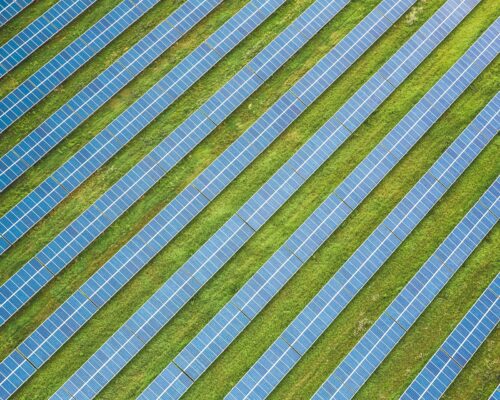
Tripling Renewable Energy Capacity Is Possible, But 2023 Didn’t Help
Despite the record clean energy capacity additions in 2023, leading agencies and market analysts warn that the world is falling short of the trajectory required for a 1.5°C-aligned scenario. Can the G7 and G20 take action to help us change course?

How Much Are Carbon Credits Worth?
Carbon credits are vital in combatting climate change, yet their price varies due to market dynamics and project specifics. As regulations tighten and markets mature, stabilising prices will significantly aid global decarbonisation efforts.
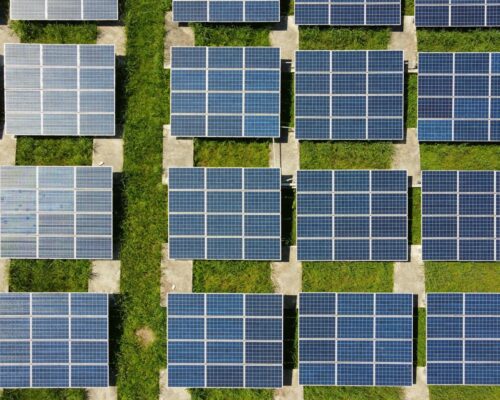
Asia’s Net-zero Transition Outlook 2050: Opportunities and Challenges
Accelerating the net-zero transition across Asia would ensure improved energy security and various economic gains, including cheaper energy, reduced fossil fuel subsidies, green jobs, reduced climate change costs and more.
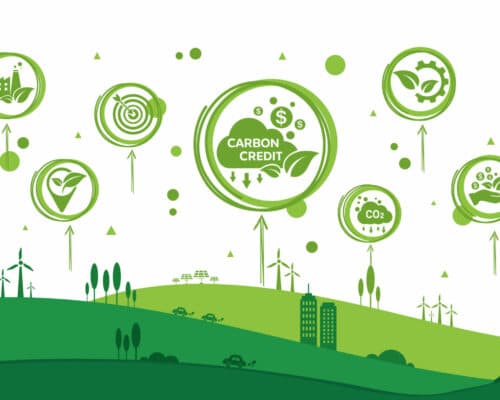
What Are Carbon Credits and How Do They Work?
Carbon credits are an essential tool for decarbonisation. They allow governments to cap sector-wide emissions and incentivise private investment in green technologies. Careful management of credits is crucial for their long-term positive impact.

India’s 2024 Election and the Role of Renewable Energy – Podcast
We speak with Sunil Dahiya, at the Centre for Research on Energy and Clean Air (CREA) about renewable energy and the Indian election 2024.

Carbon Capture vs Renewable Energy
The economic and decarbonisation deficiencies, combined with the health and environmental risks, cement CCUS's role as a complementary technology, mainly in hard-to-abate sectors, not a wildcard to perpetuate fossil fuel use.

Energy Economics Show Renewable Energy Generation Is Less Capex Intensive Than Fossil Fuels
Renewable energy for the power sector keeps getting cheaper to build and operate. However, much of the Asia-Pacific region is still building out natural gas infrastructure. The region needs to pivot if it wants to reach its net-zero goals.
Wind Energy in South Korea – Opportunities and Challenges
The wind energy sector can become the difference that gives South Korea's renewable energy progress that much-needed boost. The country's vast potential for offshore wind is already starting to attract some of the leading developers in the industry. Judging by the first signs, South Korea's future promises to be "windy."
Top Energy Companies In Singapore 2024
Singapore's energy mix heavily favours fossil fuels, but the country is aiming to change this. As a result, several of the leading energy companies in the country are developing renewable energy projects. This will likely be spurred on by government subsidies and favourable policies in the coming decade.
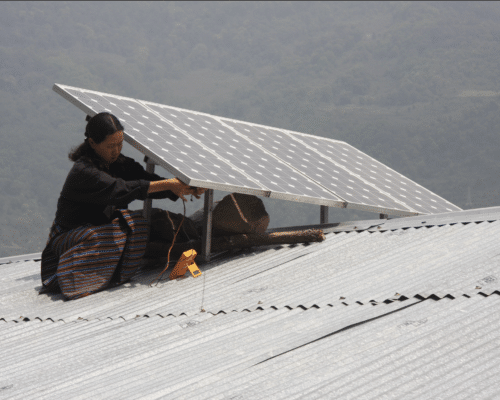
Women and the Just Energy Transition – Podcast
Energy Insights speaks with Farwa Aamer about women and the just energy transition. Farwa is the director of South Asia Initiatives at the Asia Society Policy Institute.
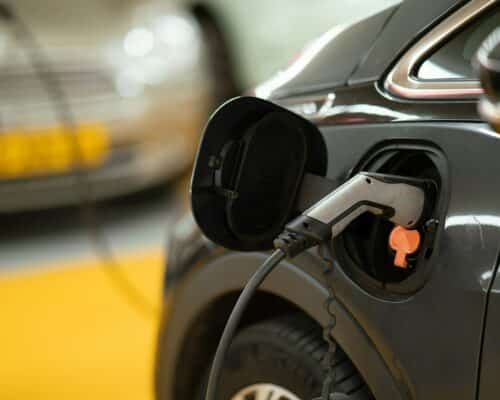
Indonesia to Experience a Green Jobs Boom, But Policy Changes Integral
Indonesia has ambitious plans for its green technology sector. However, to capitalise on the opportunities ahead, the country needs to make the industry more welcoming and lure its youth and experienced workforce to pursue green jobs.
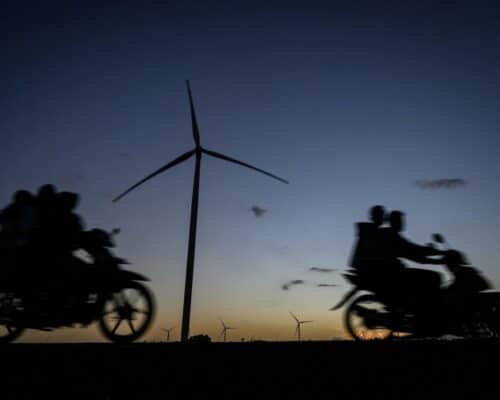
Wind Energy In Indonesia: Slow Growth, Promising Future
Indonesia has a significant potential for wind energy, yet the country only has two utility-scale wind farms running. This is primarily the result of high initial investment costs and a need for more supportive regulation for development. These policies must improve to help the country capitalise on its wind energy potential and meet its decarbonisation goals.
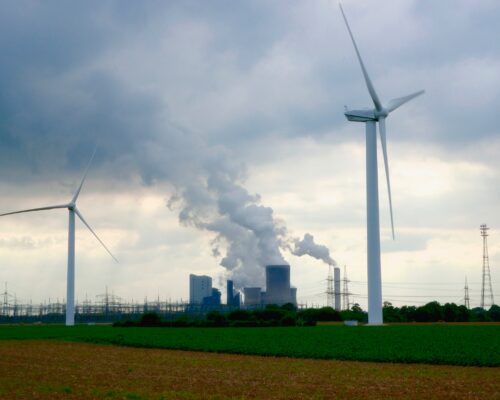
The Difference Between Renewable And Non-renewable Sources of Energy
Renewable energy sources are gaining momentum in the global energy landscape and are expected to make up most of the new energy additions in the coming decades. Understanding how renewables differ from non-renewables is crucial to understanding this necessary transition.
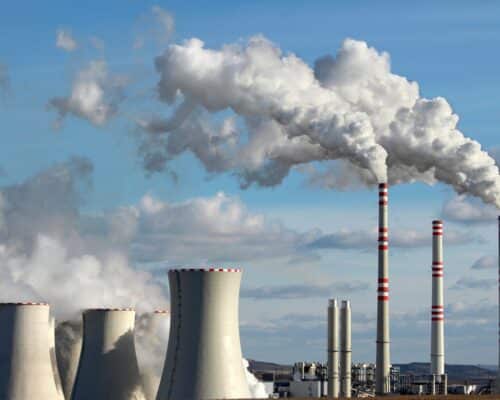
Disadvantages of Non-renewable Energy Sources: A Global Challenge
The vast majority of the world's energy comes from fossil fuels. However, these non-renewable energy sources have disadvantages, ranging from economic volatility to direct environmental impacts. Renewables are an alternative that can overcome many of these challenges.
Most Popular
Categories
-
10
-
35
-
126
-
4
-
17
-
46
-
52
-
11
-
10
-
15
-
24
-
6
-
1
-
5
-
6
-
285
-
200
-
17
-
24
-
1
-
1
-
23
-
41
-
44
-
88
-
18
-
86
-
41
-
17
-
11
-
43
-
54
-
86
-
299
-
22
-
44
-
36
-
11
-
42
-
36

